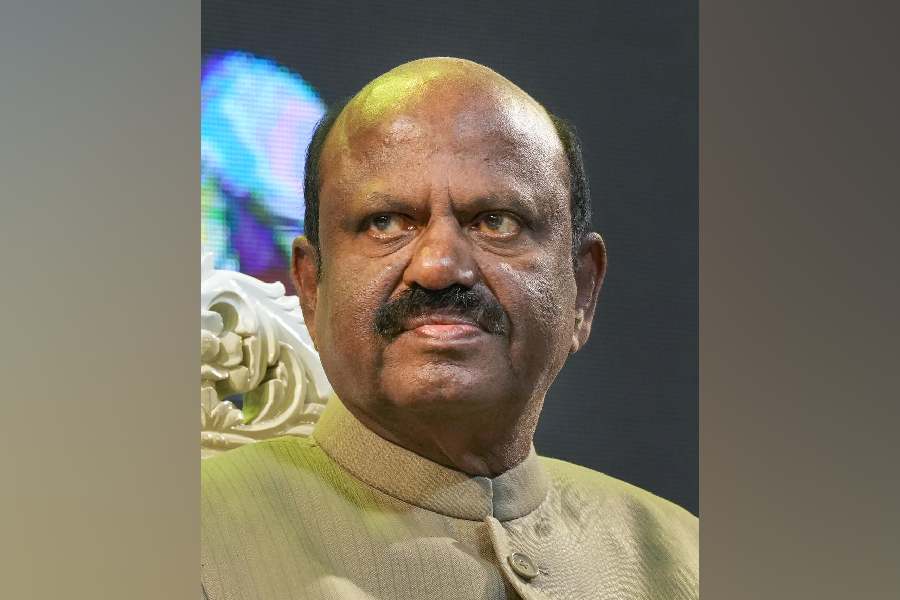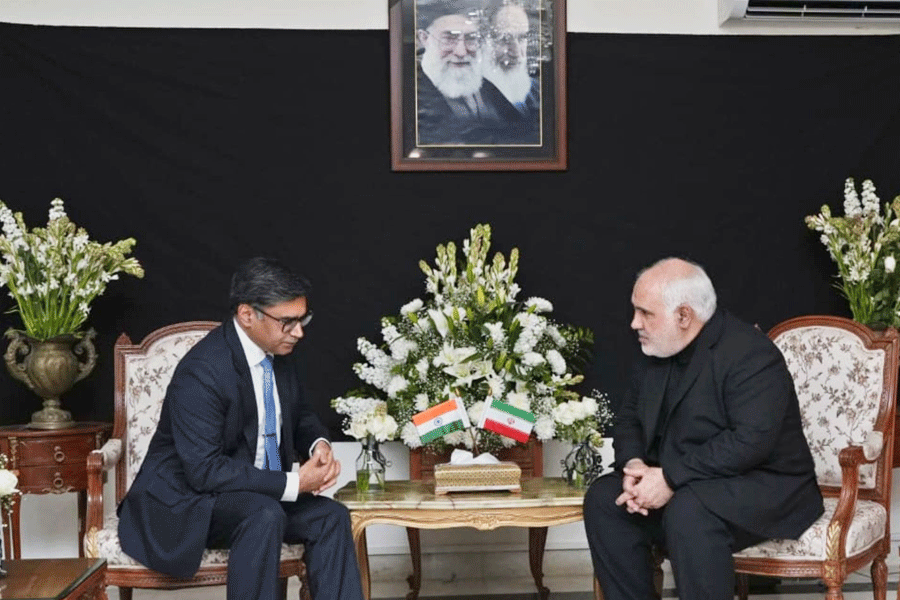 |
The craft of the writer and political activism were inextricable for Orwell more than for any other modern writer. Clarity of expression, for him, was essential to nuance, and both clarity and nuance to political urgency and change. The best-known articulation of this belief is contained, of course, in “Politics and the English Language”, first published in 1946, and of which I’ve been thinking lately: “Most people who bother with the matter at all would admit that the English language is in a bad way, but it is generally assumed that we cannot by conscious action do anything about it. Our civilization is decadent, and our language — so the argument runs — must inevitably share in the general collapse.” Such statements might seem dated today, and Orwell was already aware, then, of the difficulties of his position: “It follows that any struggle against the abuse of language is a sentimental archaism, like preferring candles to electric light or hansom cabs to aeroplanes. Underneath this lies the half-conscious belief that language is a natural growth and not an instrument which we shape for our own purposes.”
From the perspective of the present, the notion of ‘good’ or ‘correct’ English is an archaic one because English is a language that, by virtue of its history, represents bygone authority, and ‘good English’ a brand of authority and a strain of history that’s long been in disfavour. Yet, paradoxically, English is the language of globalization (while, in Orwell’s lines above, the “our” presumably refers to the English), and, by implication, of the free market, where the word ‘free’ still reserves for itself a deceptive, talismanic, ideological power. What kind of English, then, is the language of apparently absolute freedom — is it an unfettered language? Are Orwell’s concerns with the crafting of political language — which, for him, have to do with an advocacy of precision and an eschewal of cliché and jargon (far more persuasively demonstrated in the essay than via the notion of ‘Newspeak’ in Nineteen Eighty -Four) — pertinent now? In India as elsewhere, English is a language embedded in politics; but it’s also — particularly in India — one of the principal languages of politics. This was in evidence again in the last two weeks, with the groundswell of anger and protest, punctuated by lacklustre or bizarre governmental announcements, after the rape, and then the death, of the unnamed 23-year-old woman from New Delhi.
The English in use at the time may be irrelevant to our understanding of what happened, or again it may not. Perhaps this English wasn’t exclusively characterized by catchwords. Yet the repeated use of terms like ‘braveheart’ of the doomed and indubitably brave young woman neither gave her nor our feelings dignity or meaning, and was a reminder of how we in India use English largely without caring for the resonances of words, or their lack of them, and also how (unconsciously) this is seen to be a good thing; a robust Indian trait. The cheerful importation of meaningless but current words into political discourse reminds me of Orwell’s intuition that “[u]nderneath this lies the half-conscious belief that language” — like history and governance — “is a natural growth and not an instrument which we shape for our own purposes”. A rushed workaday language, unmindful of syntax and the significance of individual words, both energized and marred the endless discussion on television and elsewhere. There was great passion; but not much was said with care. On one channel, the debate veered between those who wanted education to create a climate that would be different from the one supposedly fostering gangs of rapists, and those who wanted these gangs to face the death penalty. There was a third group, that didn’t want the death penalty, but measures that would ‘teach the rapists a lesson’ — measures including ‘chemical castration’. A young woman in the audience, furious with the awful government and her awful country, sputtered: “Death penalty is not good enough for rape. They should be tortured… First, their heads should be cut off…” For some reason, the sequence of this indignant remedy had me thinking of the schoolboy’s dream in Sukumar Ray’s story, Ha ja ba ra la, in which the owl sentences the hapless, bald Nyada to “three months’ jail and seven days’ hanging”: “Just when I thought I’d protest against this unfair judgment, the goat… butted me peremptorily from behind.”
The TV participant’s outrage and tenuous meaning weren’t unusual. ‘Chemical castration’ has become a buzzword, like ‘braveheart’, both terms, alike, failing to capture any emotion or moral idea. There followed the utterances of politicians, such as the Congress MP Abhijit Mukherjee’s cluster of adjectives, “highly dented and painted”, the only English words he used besides “as if” and “generally” in a press conference to Bengali television, to describe women protestors in Delhi. This set people puzzling over “highly dented”; was a comparison between ageing middle-class women and motor vehicles in Calcutta (which are frequently bruised and need constant makeovers) being suggested? The next day, verbally bludgeoned by interviewers, he retracted the statement — but there was nothing to retract; what he’d said was hardly a statement in any conventional sense.
On the back of this came Trinamul Congress MP Kakoli Ghosh Dastidar’s assertion to an interviewer that “if you’re referring to the Park Street case, see, that is a different case altogether, that was not at all a rape case. It was a misunderstanding between two parties involved in a professional dealing… between a lady and her client — so this was not a rape.” This seems, syntactically, marginally better than Mukherjee’s offering; but — notwithstanding the categorical nature of “this was not at all a rape case” (though “this was not a rape case at all” would have been clearer) — it’s still fuzzy. For instance, what is “a professional dealing”? Can a verb (‘dealing’) be made interchangeable with a noun (‘deal’)? Might a verb like ‘dealing’ exist in the singular (as in, “this was a professional dealing”) — or in the plural, for that matter? When Ghosh Dastidar implies that the victim of the rape in Park Street is a ‘lady’, is she being even-handedly complimentary to a sex worker? But apparently sex workers don’t qualify as rape victims — so perhaps she’s not being complimentary after all? What does ‘lady’ mean in this context, or the many contexts in which the word appears in this country?
These instances (there are several more) must suffice to hint at the specific nature of the problem in India: that the way language — especially the English language — is used here is not entirely to do with cliché and pedantry, in contrast to the writing Orwell attacked in 1946. It’s about an insensitivity to, and an unthinking sense of ownership towards, the meanings of even simple words. One English word is as good as another; and almost any will do. And, crucially, you aren’t answerable for what you say or write in English, or for the choices you make when you compose a sentence. An incorrectly placed comma, a meaningless adjective or verb, has no consequences for the speaker or writer in India; this much we know. You begin by using English indiscriminately, having abnegated responsibility from it on a basic syntactical level. Is it fanciful to say that this approach to speech — an approach where what you say, and also how you say it, can have implications for others but not yourself — is part of an ethos where the abnegation of responsibility, a shrugging off of the notion of the consequences of actions, is an everyday thing? Is this ethos the casual norm for politicians who may or may not also be rapists or criminals, but for whom no clear distinction exists between the criminal and the ordinary, and also for many of those who oppose them, who often confuse impossible and meaningless punitive gestures with change?











